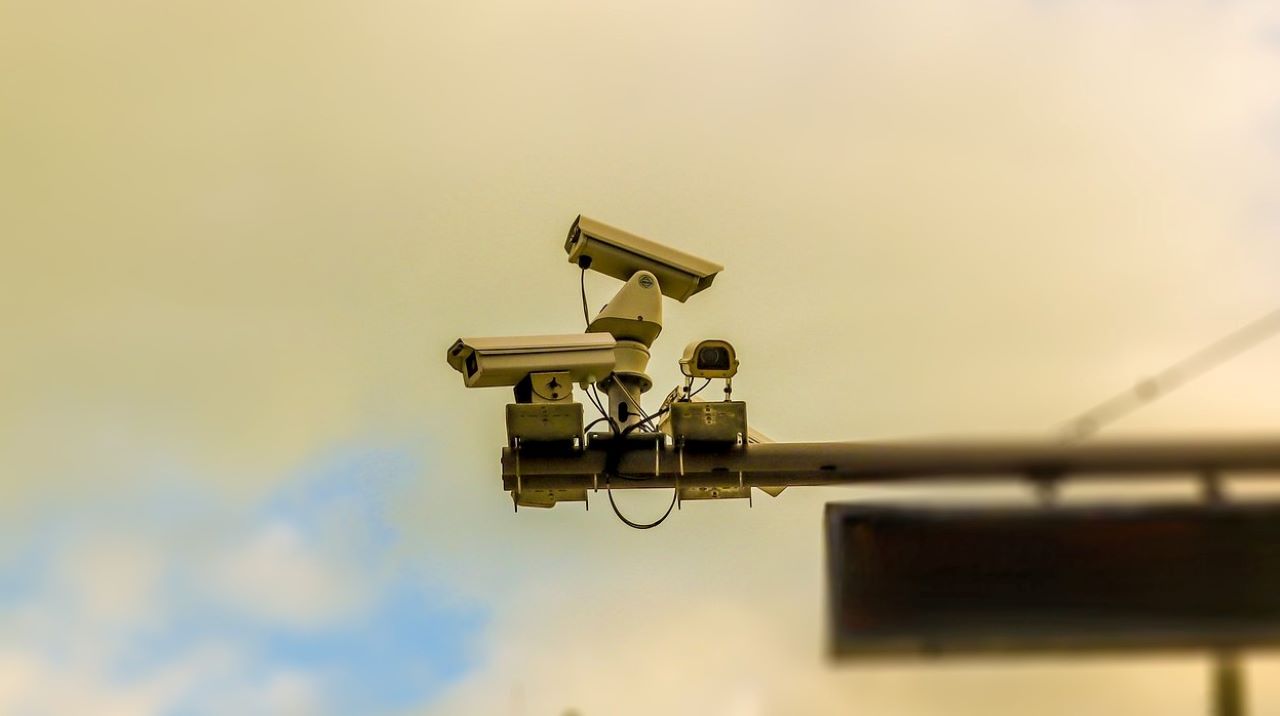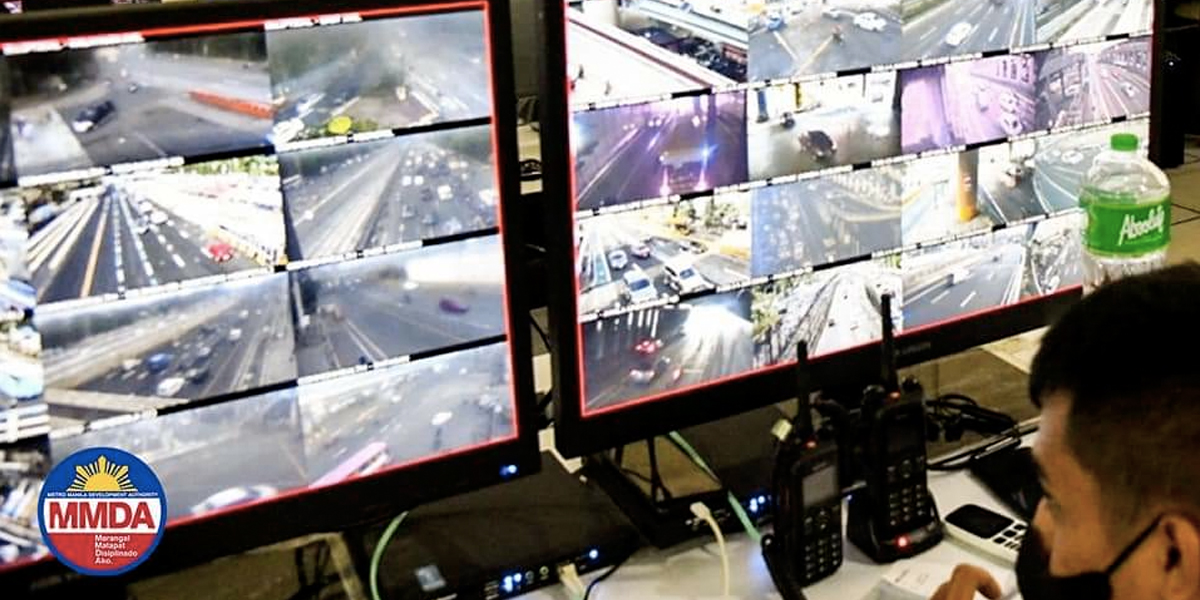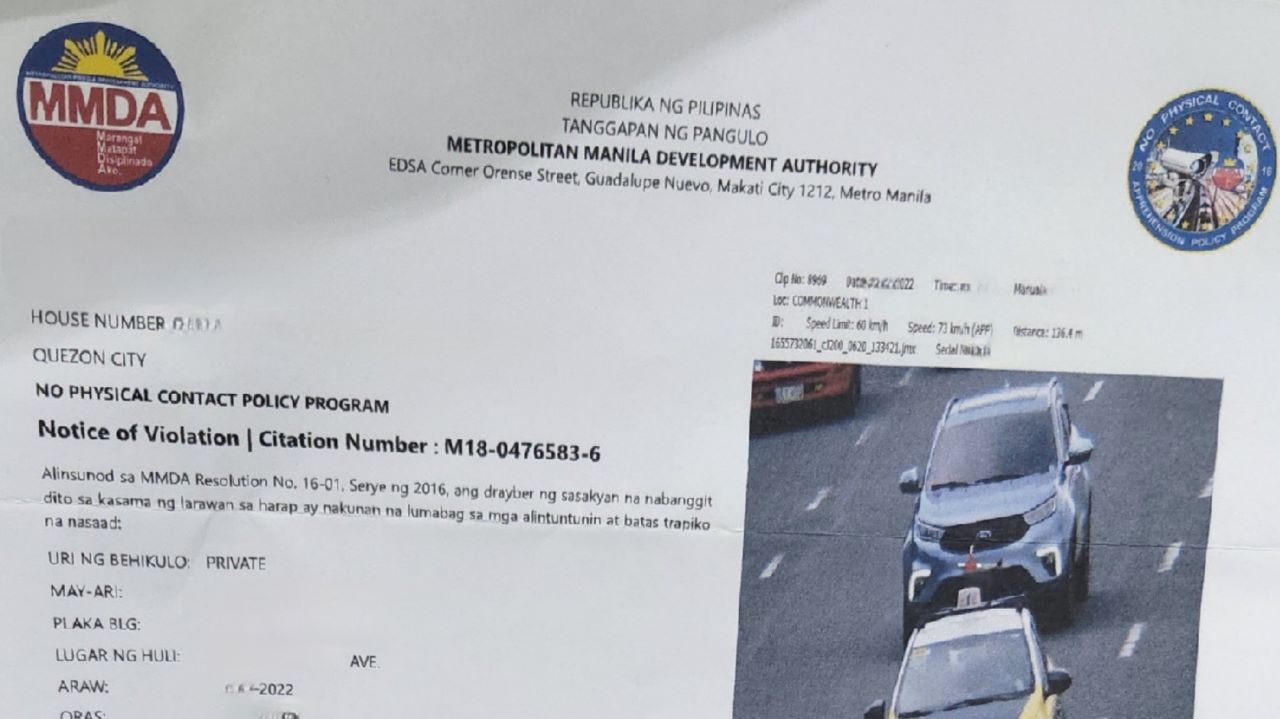
A few months ago we came out with our ultimate No-Contact Apprehension Policy (NCAP) FAQ. When we wrote that, the NCAP was fairly new but we were able to drill the important points down into a very basic guide.
As we speak, a lot of hullabaloos still surround NCAP, and the MMDA saw fit to explain how it works just a little bit more, especially since different Local Government Units (LGUs) have their own versions of NCAP. This quick article is, again, about the MMDA’s Policy, but we’ll get to a list of LGU-specific NCAP guidelines later on.
No-Contact Apprehension Policy: MMDA’s jurisdiction along which roads, how you’re caught, and what to do if you are
Table of Contents
To understand how the No-Contact Apprehension Policy of the MMDA works, this time we’re drilling it down to where they have jurisdiction, how they make sure they got an actual violator of traffic rules, what to do if you are tagged, and what happens if you pay the fines or not.
First of all, the jurisdiction of the MMDA NCAP is only along primary roads. By using high-definition CCTV cameras, digital cameras, and/or other gadgets like speed guns or handheld digital cameras, they look out for motorists who might be violating traffic rules and laws.

MMDA Command Center
Photo from MMDA Facebook page
Where the MMDA can catch and tag you for traffic violations via the No-Contact Apprehension Policy
- EDSA
- Quezon Avenue
- C5 Road
- Roxas Boulevard
- MIA Road
- Commonwealth Avenue
- Mindanao Avenue
- East Avenue
- Congressional Avenue
The process of being tagged, confirming the offense, and being sent a Notice
- The vehicle is caught on camera
- Conduction Sticker/Plate number is used by MMDA to gather information on the vehicle’s owner with the help of the LTO Information Query Facility
- After verification of the offense and vehicle owner’s information, it is encoded into the NCAP System
- Notice of Violation is printed and sent out via registered mail to the vehicle owner’s registered address with LTO

Settling violations tagged via the No-Contact Apprehension Policy
Acceptance and Payment
- Payment to be made at the MMDA Main Office in EDSA Orense or Bayad Center/SM Bills Payment branches
Appealing/Contesting Apprehension
- File a protest with the MMDA-Traffic Adjudication Division within 7 days of receiving notice
- If the appeal wins, the Notice of Violation will be canceled. The process of investigating grounds for appeal may take 15 days
- If the appeal loses, then the penalties and fines must be paid
Important numbers and email addresses to know when tagged by the No-Contact Apprehension Policy
- MMDA Redemption Center – 02 8 882 2629 loc. 1164/1165
- MMDA No-Contact Apprehension Office – 02 8 882 4151 loc. 1084
- noncontact@mmda.gov.ph
- mmda.ncap.2016@gmail.com
–
If our aforementioned ultimate FAQ is a bit too extensive for you, then we’re glad to bring you this condensed but no less concise information sheet. We’re all about your convenience, our dear readers, and we’re out here to bring all the important news and information to you in the best way possible.
Drive safely and responsibly, everyone! We hope you were brought here to learn and not because you were tagged for a violation by the No-Contact Apprehension Policy of the MMDA.


